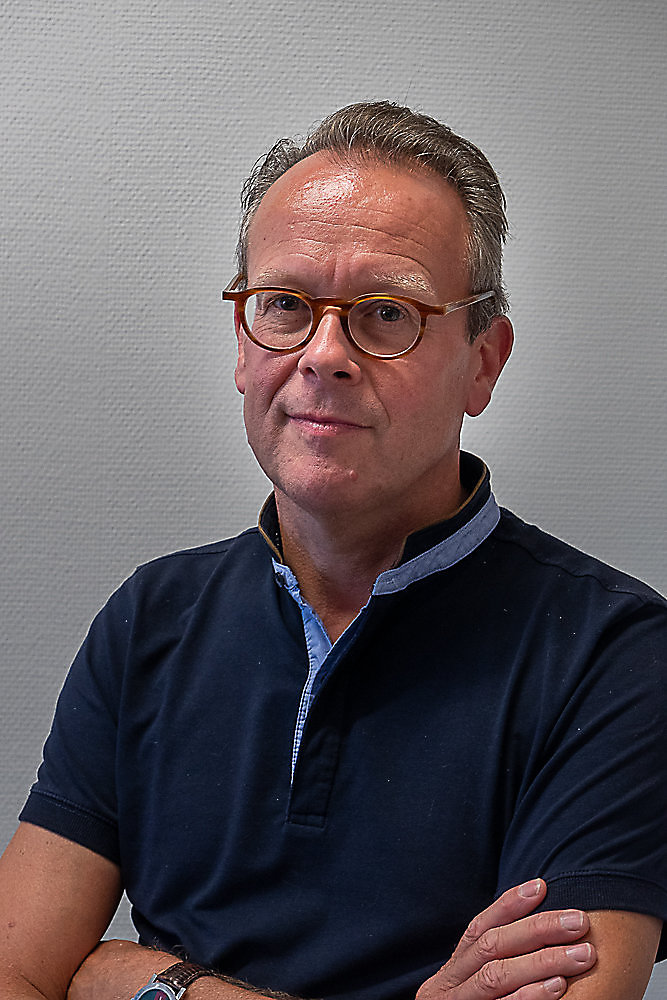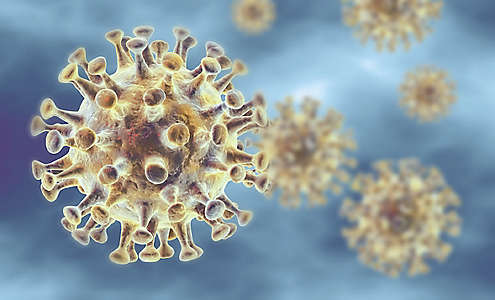Frank Devlieghere is professor in the field of Food Microbiology and Preservation at Ghent University in Belgium. He is also a consultant for several food companies and their suppliers helping them in product and process innovations. His key areas are food packaging, microbial spoilage and safety, new food preservation methods and predictive modelling. We talked to him about food safety and preservation and trends in the food industry. This is part one of our interview. We will share the second part next week.
Kemin: Where does your passion for food microbiology come from?
Prof. Devlieghere: Back in college, the courses ‘food chemistry and food microbiology’ were part of my third year Bioscience Engineering. And I was then taught by two high spirited professors who sparked my passion for food, for which I’m very grateful.
Kemin: What are your areas of expertise?
Prof. Devlieghere: I’m a food microbiologist. That means that I study microorganisms in foods with the aim of inhibiting their growth so that food products are safer and have a longer shelf life. Various factors play a role: from contamination risks during production to preservatives to the packaging that is used.
Kemin: In what way have you seen food safety and food storage evolve?
Prof. Devlieghere: I notice a greater duality in the food industry. On the one hand, consumers want fresh food with as few preservatives as possible, which inevitably reduces shelf life. Also, products are heated less intensively than before and there are more restrictions in the field of packaging. On the other hand, as a food company you must be able to market your products because consumers desire fresh food that is safe, lasts long and maintains its sensory attributes. In addition, food travels around the world these days, which means that they must have a longer shelf life anyway. And of course, you also want to avoid food waste. These are all ambitious challenges laid upon all players in the food industry.
Kemin: How do you feel about clean label ingredients?
Prof. Devlieghere: Over the past five to ten years, natural extracts and fermentates have sprung up like mushrooms. Therefore, it’s positive that European policy in this area is increasingly demanding. For example, companies that attach great importance to safety and can properly substantiate their natural alternative can continue to work on high-performance clean label ingredients.


